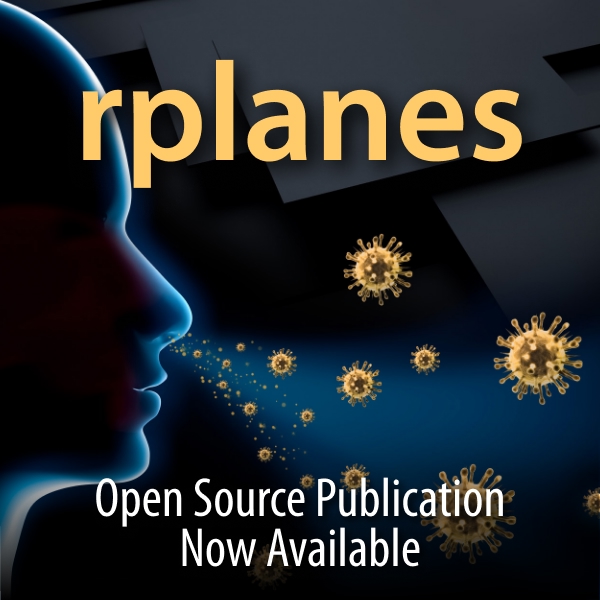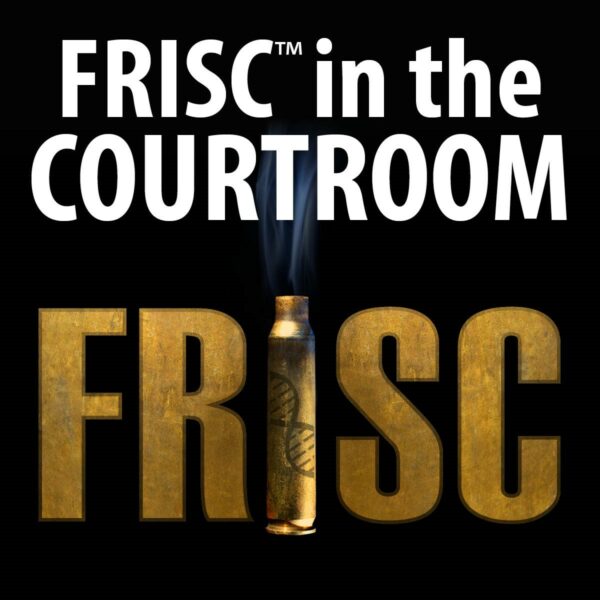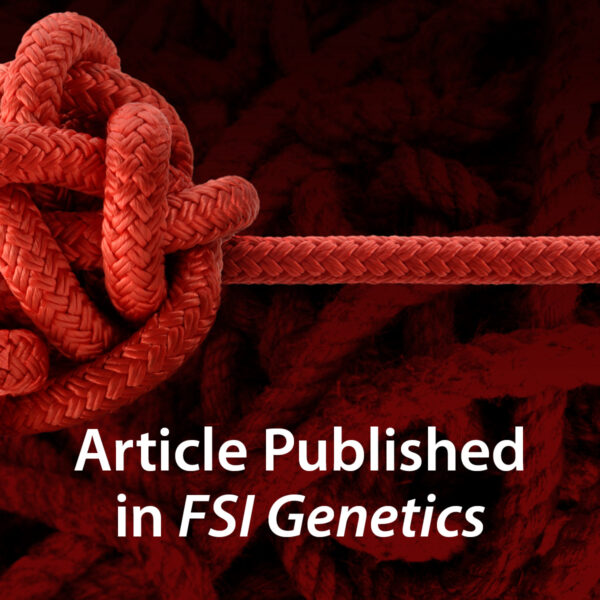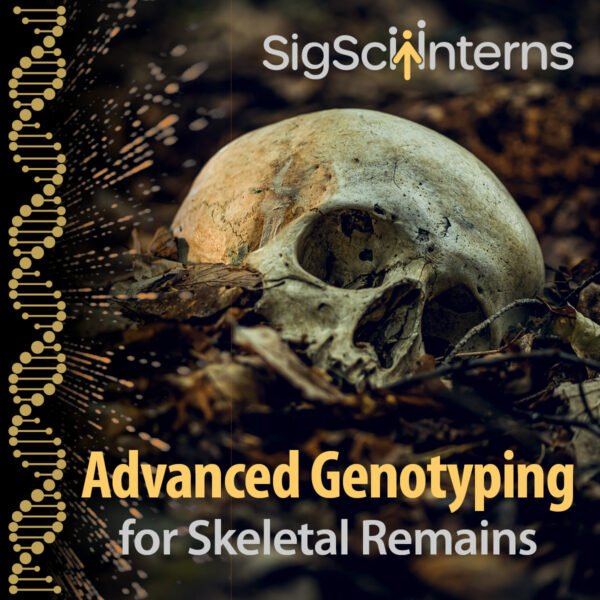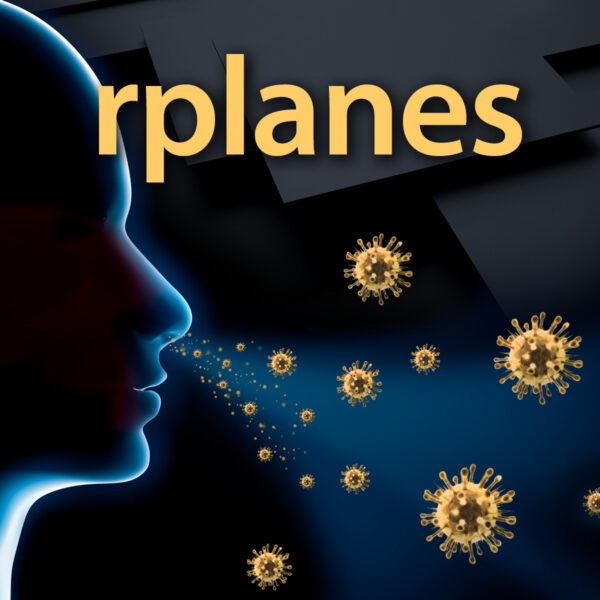PLANES: Plausibility Analysis of Epidemiological Signals – Published in “PLoS One”
Abstract:Methods for reviewing epidemiological signals are necessary to building and maintaining data-driven public health capabilities. We have developed a novel approach for assessing the plausibility of infectious disease forecasts and surveillance data. The PLANES (PLausibility ANalysis of Epidemiological Signals) methodology is designed to be multi-dimensional and flexible, yielding an overall score based on individual component assessments that can be applied at various temporal and spatial granularities. Here we describe PLANES, provide a demonstration analysis, and discuss how to use the open-source rplanes R package. PLANES aims to enable modelers and public health end-users to evaluate forecast plausibility and surveillance data integrity, ultimately improving … MORE
DNA Retrieved from Spent Shell Casing Presented as Evidence in Washington, DC Homicide Case
March 31, 2025 – Spent Shell Casing evidence submitted to Signature Science for DNA extraction and analysis was presented in a Washington, DC homicide trial this week. The analyst who processed the evidence delivered expert witness testimony. From the article: “The … MORE
Abstract: Background There is a new framework from the United States government for screening synthetic nucleic acids. Beginning in October of 2026, it calls for the screening of sequences 50 nucleotides or greater in length that are known to contribute to pathogenicity … MORE
Signature Science selected for GSA Unrestricted OASIS+ Research and Development Contract
AUSTIN, TEXAS – March 04, 2025 – Signature Science, LLC is a recipient of an award under the General Services Administration (GSA) Unrestricted OASIS+ (One Acquisition Solution for Integrated Services Plus) contract vehicle. The company has a prime award in … MORE
Signature Science Achieves ISO/IEC 17025:2017 Accreditation for Massively Parallel Sequencing (MPS)
Achievement builds on Company’s forensic science laboratory’s accreditation scope and expands its accredited offerings into the Forensic Genetic Genealogy space. AUSTIN, TEXAS – February 25, 2025 – Signature Science’s Advanced Genomics Laboratory has been issued accreditation by ANAB, the ANSI National Accreditation Board, to the ISO/IEC 17025:2017 quality standard as a testing laboratory for Single-Nucleotide Polymorphisms (SNPs) using Massively Parallel Sequencing (MPS). A laboratory assessment conducted by ANAB revealed no instances of non-conformance. In addition, the laboratory was successfully assessed for conformance to FBI Quality Assurance Standards for Forensic Testing Laboratories.Signature Science has optimized and validated methods for obtaining DNA profiles … MORE
Horizon Newsletter – February 2025
Laboratory Leadership at AAFS Documentary standards play a critical role in ensuring consistency, quality, and credibility in forensic science. Hosted in collaboration with Travis County Medical Examiner’s Office, our Deep-Dive session at AAFS will explore the importance of standards development, how … MORE
Abstract: The generation of forensic DNA profiles consisting of single nucleotide polymorphisms (SNPs) is now being facilitated by wider adoption of next-generation sequencing (NGS) methods in casework laboratories. At the same time, and in part because of this advance, there … MORE
January 29, 2025 • A press release issued by LMI Group International, Inc. detailed the conclusion of multi-year, interdisciplinary investigation to authenticate a painting and attribute it to the artist, Vincent van Gogh. The investigation combined traditional authentication and innovative scientific methods. During … MORE
An Investigation of Downstream Processing Methods for Challenging Skeletal Samples
Abstract: While skeletal remains are known for their resilience and often serve as the final source of information for unidentified human remains (UHRs), the traditional downstream processing of these samples is challenging due to their low template nature, DNA degradation, and … MORE
HORIZON Newsletter – November 2024
Sample mixtures and the ability to deconvolute SNP profiles present a challenge for investigations using FGG. These mixtures are common in forensics, however, database search algorithms utilized for FGG only accommodate single-source SNP profiles. To address this gap, NBFAC and … MORE
PLANES: Plausibility Analysis of Epidemiological Signals
Abstract: Methods for reviewing epidemiological signals are necessary to building and maintaining data-driven public health capabilities. We have developed a novel approach for assessing the plausibility of infectious disease forecasts and surveillance data. The PLANES (PLausibility ANalysis of Epidemiological Signals) methodology is designed to … MORE

